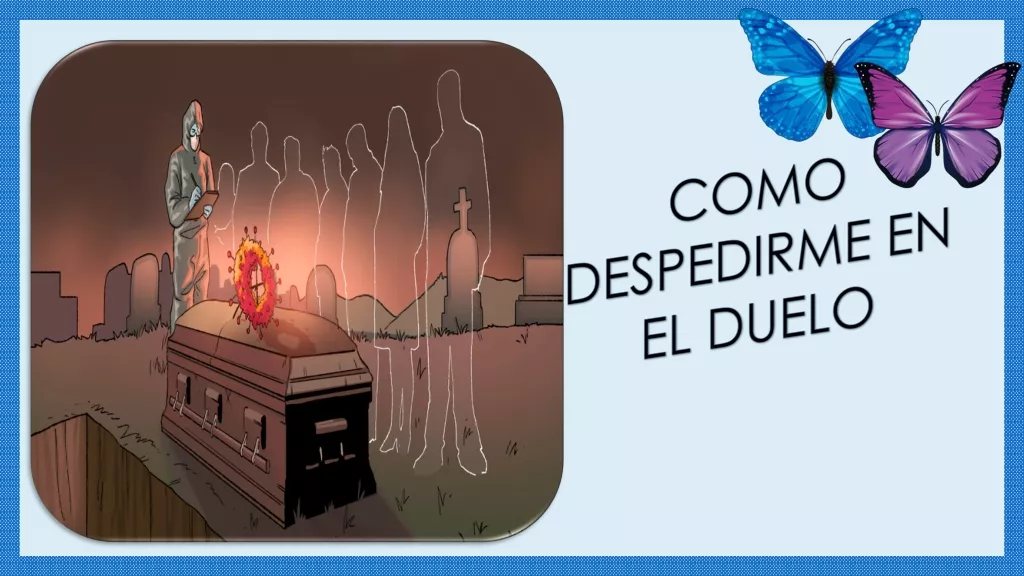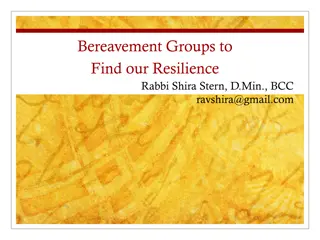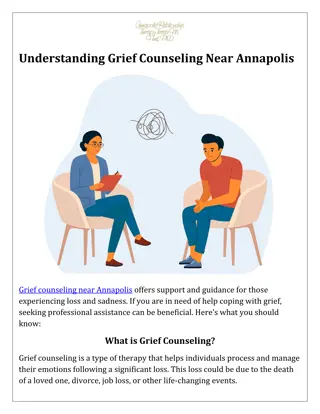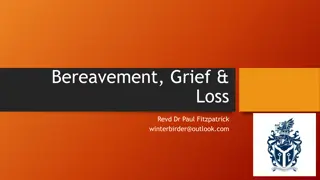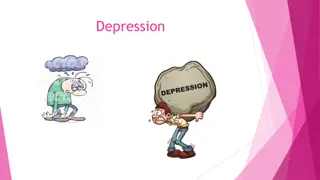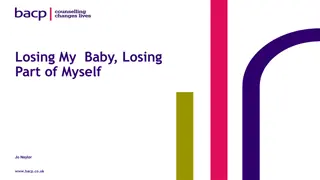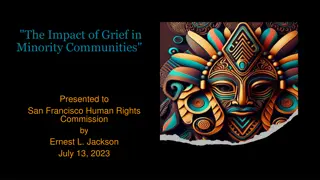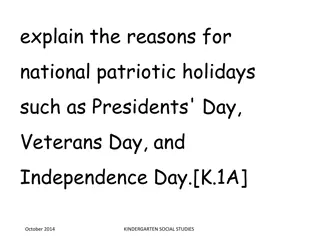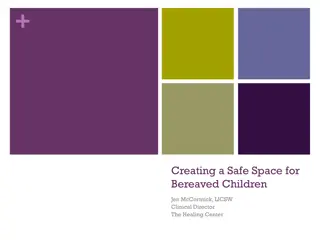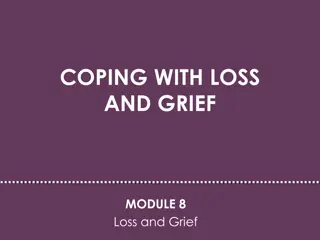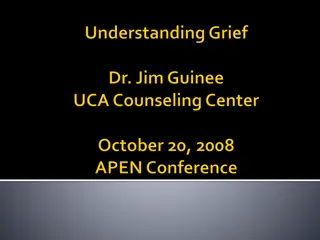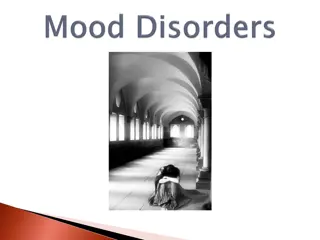Patriotic Sentiments and Grief's Complexities
A poignant narrative unfolds as passengers on a train discuss sacrifice, patriotism, and grief in the face of war. Themes of duty, love for country, and coping with loss are explored through the interactions of characters dealing with the impending departure of loved ones to the battlefield.
Download Presentation

Please find below an Image/Link to download the presentation.
The content on the website is provided AS IS for your information and personal use only. It may not be sold, licensed, or shared on other websites without obtaining consent from the author.If you encounter any issues during the download, it is possible that the publisher has removed the file from their server.
You are allowed to download the files provided on this website for personal or commercial use, subject to the condition that they are used lawfully. All files are the property of their respective owners.
The content on the website is provided AS IS for your information and personal use only. It may not be sold, licensed, or shared on other websites without obtaining consent from the author.
E N D
Presentation Transcript
A husband and wife board a small train carriage at dawn in Italy, joining the five people who have already spent the night in it. The woman is large and in deep mourning. Some of the passengers help her in and make room for her. The husband inquires if she s all right, but she doesn t answer. He explains to the others that their only son is being sent to war in three days and they re going to see him off. A passenger says he has two sons and three nephews at the front, prompting the husband to stress that they re risking their only son. This sets off a passionate discussion about who is sacrificing the most. The husband says a man who loses one son has another left to comfort him, but the passenger responds that such a man has an obligation to live for his other son, and thus can t end his misery at his own hand. Another passenger, an old man, breaks in with a speech. He asserts that their children don t belong to them. They have interests of their own, including a love for their country, and they gladly fight for it. They don t want tears because if they die, they die happy. And dying young and happy is all anyone could want as it spares them of the boredom and disillusionment of life. Why, he doesn t even mourn the death of his own son. He stops there, his lip trembling, his eyes watery. The other passengers agree with him. The wife, inconsolable until now, finds strength in his words. She listens closely as the old man gives the details of how his son died heroically for King and Country, without regrets. All the other passengers congratulate the man for his stoicism and bravery. The wife, as if waking from a dream, says to the man, Then is your son really dead? The old man looks at her, tries to answer, but can t. He seems to realize for the first time that his son is gone forever. He weeps uncontrollably.
While the passengers have differing opinions over whose grief is greater, they all have strong patriotic feelings. No one even suggests that their sons shouldn t have to fight in the war. It s alright to feel sorrow, but it would be unthinkable to remove the cause. The old man explains their sorrow by saying that a parent s love for their children is simply greater than their love for country, as evidenced by any parent s willingness to take their son s place at the front. On the other hand, a young person loves their country more than they love their parents. He asserts that young people naturally put love of country above all else, and are happy to die in battle. He twice points out that he s speaking of decent boys. Likely, they ve all heard of young men who tried to shirk their duty, and are disgusted by the thought too indecent to tender as an alternative. The old man also speaks of his son as a hero who died for King and Country. Everyone listens raptly and congratulates him.
The old man avoids dealing with his grief by intellectualizing over the death of his son. He claims that young people wouldn t want their parents to cry over them because if they die, they die inflamed and happy. Moreover, he says that dying young prevents their children from seeing the ugly sides of life (like having to let your child go to their death?), so Everyone should stop crying; everyone should laugh, as I do or at least thank God as I do. The old man amends his statement that everyone should laugh. That s too much, even for him. Instead, they should thank God that their children die satisfied and happy.
War was written in 1918 and is not widely available in short story collections. It s a moving glimpse at the effect of war on those left behind, the ordinary folks who make up the bulk of the population.


